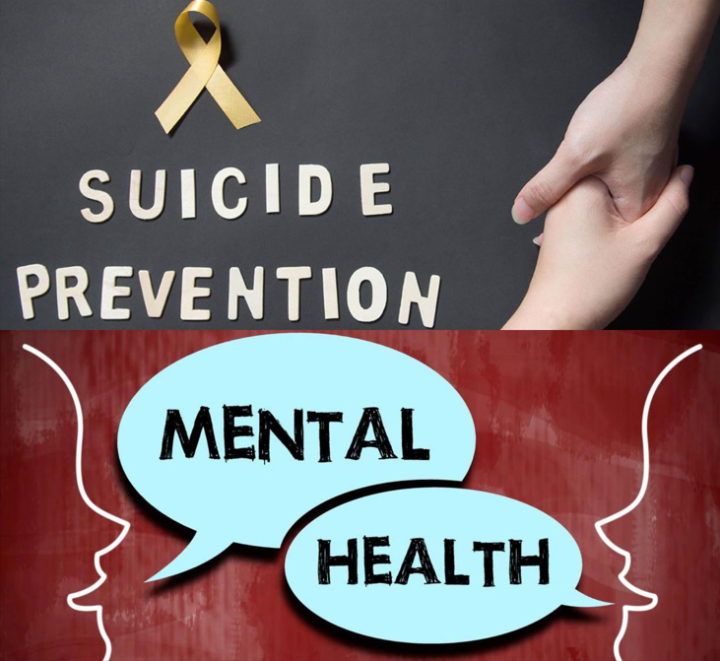The unveiling of two pivotal policy documents and the inauguration of a National Mental Health Technical Working Group mark a significant stride by the Federal Government in combating the rising prevalence of suicide and mental health conditions in Nigeria.
In an effort to address this pressing issue, Prof. Ali Pate, the Minister of Health and Social Welfare, formally introduced the National Suicide Prevention Strategic Framework (NSPSF) for the period 2023-2030 and the National Mental Health Policy spanning from 2022 to 2027 during a ministerial roundtable on mental health in Abuja.
Prof. Pate emphasized that these documents are designed not only to reduce the alarming rate of suicide but also to tackle broader mental health challenges, particularly among the youth. He highlighted the multifaceted approach outlined in the NSPSF, incorporating cost-effective programs, health and socio-economic interventions, behavioral and lifestyle changes, and targeted initiatives for vulnerable groups. The framework encompasses a spectrum of activities, ranging from environmental control of risk factors and means for suicide to early identification and effective treatment of individuals grappling with mental health conditions.

Moreover, the NSPSF outlines the establishment of suicide prevention helplines and emphasizes the integration of care at the community and primary health levels. Responsible reporting of suicide by the media is also a key aspect of the strategy, aiming to shape public discourse surrounding mental health and suicide prevention. Prof. Pate stressed the importance of collective support from Nigerians and all stakeholders for the effective implementation of these documents. He urged a unified effort to reduce deaths resulting from suicidal behavior and enhance the overall health of the nation.
Dr. Jamila Ibrahim, the Minister of Youths Development, echoed the sentiment of accessibility to mental health services without financial hardship. She revealed plans to establish a dedicated department within the ministry to address issues related to the well-being of youths. Dr. Tedros Ghebreyesus, the Director-General of the World Health Organization (WHO), commended the NSPSF as a crucial step towards reducing the side effects of mental health challenges. He emphasized the role of stigma and discrimination in deterring individuals from seeking help and highlighted the significance of training health and care workers in mental health and suicide prevention.
The Deputy Secretary-General of the United Nations, Amina Mohammed, shed light on the global prevalence of suicide, with over 7,000 people succumbing to it annually. She attributed this alarming statistic to barriers such as limited access to mental health services, stigma, discrimination, and inadequate support for those with mental health issues. Mohammed emphasized the necessity of breaking the taboo surrounding mental health conversations and reiterated the commitment of the United Nations to fostering a more inclusive, healthy, and sustainable world through the implementation of these policy documents.
Addressing the current landscape of mental health services in Nigeria, Prof. Lateef Sheikh, a psychiatrist, underscored the stark inadequacy of resources. With fewer than 300 practicing psychiatrists to cater to the mental health needs of the vast population, he emphasized the urgency of implementing an integrated and comprehensive care package. Prof. Sheikh highlighted the importance of mental health financing, data mining, and financial resources to effectively address the mental health crisis in the country.
The inauguration of the two policy documents and the establishment of the National Mental Health Technical Working Group represent a pivotal moment in Nigeria’s commitment to addressing the pressing issue of mental health. The implementation of these documents holds the potential to not only reduce the prevalence of suicide but also to significantly improve the lives of millions of Nigerians. By fostering a holistic approach that involves various stakeholders and addresses the systemic challenges in mental health care, these initiatives signal a positive step towards creating a healthier and more resilient society.
Support InfoStride News' Credible Journalism: Only credible journalism can guarantee a fair, accountable and transparent society, including democracy and government. It involves a lot of efforts and money. We need your support. Click here to Donate
